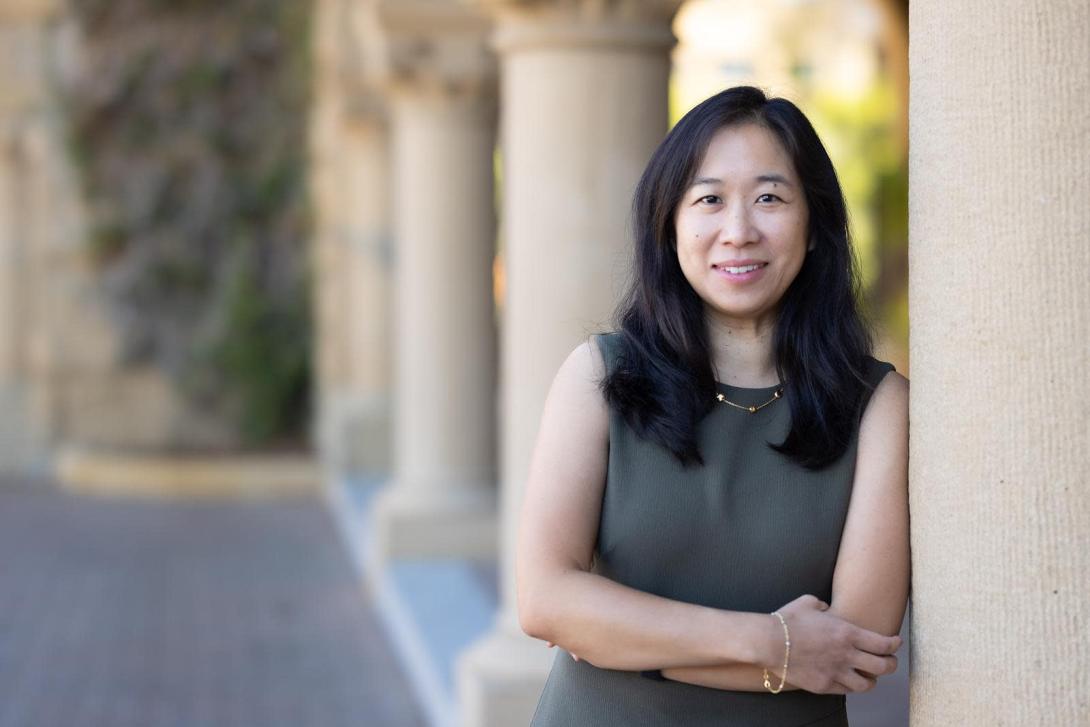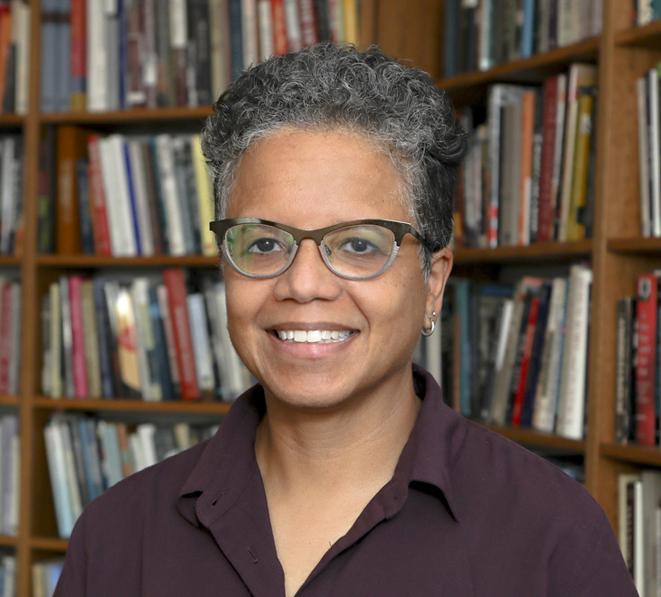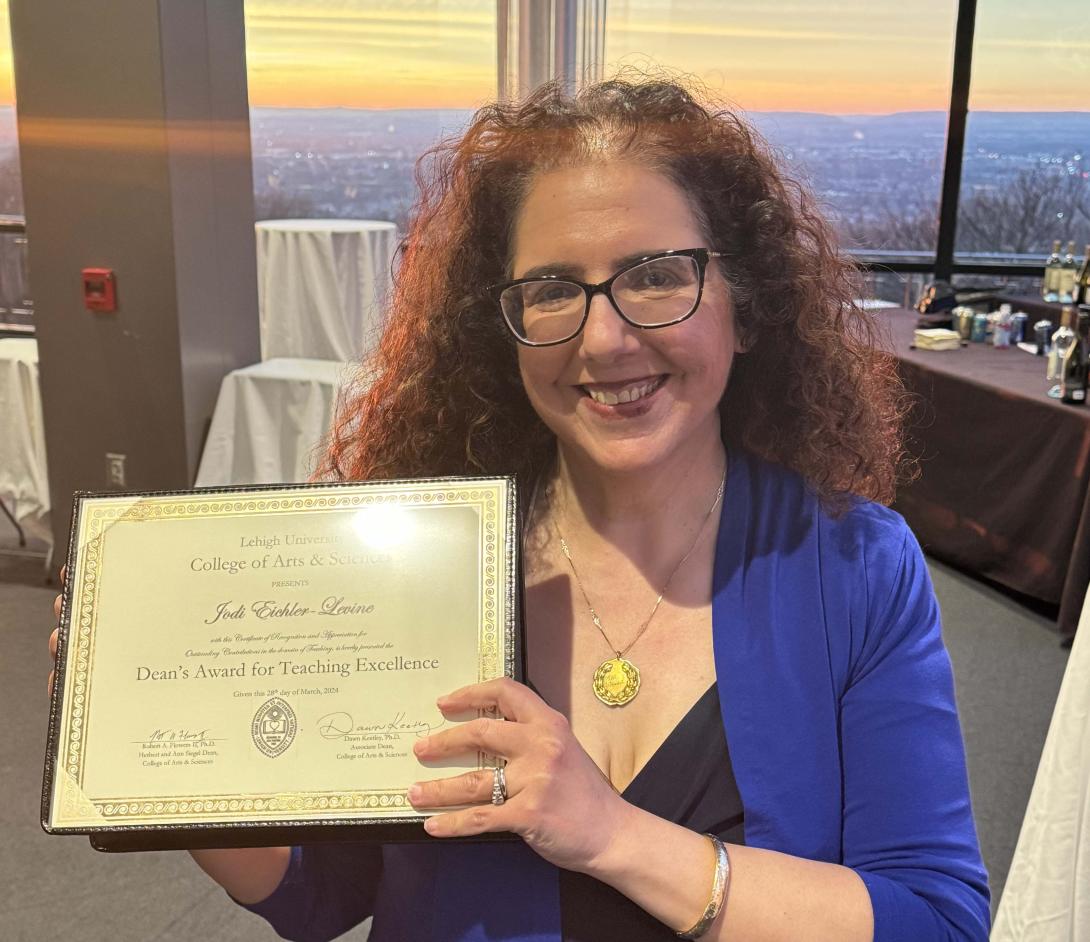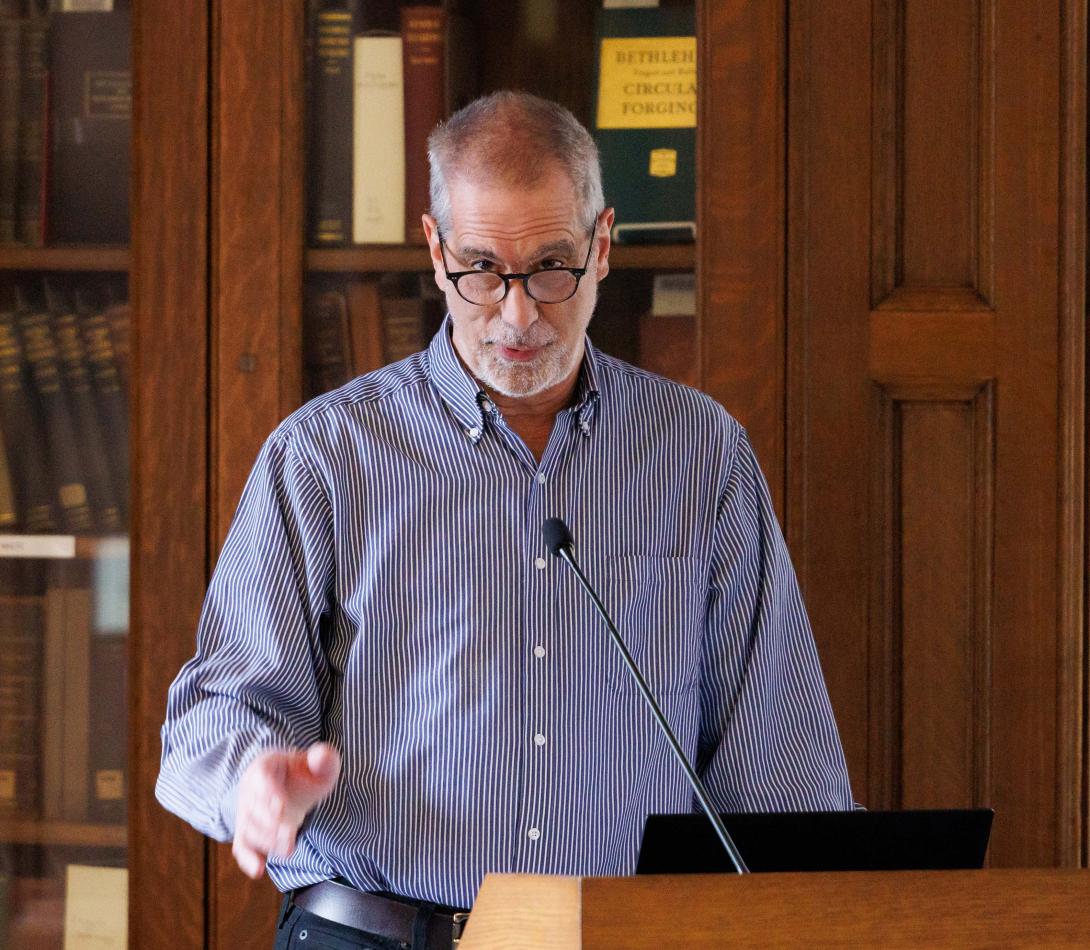We are excited to announce Professor Judith Weisenfeld of Princeton University as the Alice Eckardt Scholar-in-Residence for 2024. Professor Weisenfeld will deliver the Eckardt Lecture on Wednesday, October 9 at 5pm on "Black Freedom & the Racialization of "Religious Excitement" in American Psychiatry".
Judith Weisenfeld is Agate Brown and George L. Collord Professor of Religion and Chair of the Department of Religion at Princeton University. A scholar of African American religious history, her books include New World A-Coming: Black Religion and Racial Identity during the Great Migration (NYU 2016), which won the 2017 Albert J. Raboteau Prize for the Best Book in Africana Religions, Hollywood Be Thy Name: African American Religion in American Film, 1929-1949 (California, 2007), and African American Women and Christian Activism: New York's Black YWCA, 1905-1945 (Harvard 1997). Her forthcoming book, Racial Commitments: African American Religion in American Psychiatry, will be published by New York University Press in 2025. She is also the Director of The Crossroads Project: Black Religious Histories, Communities, and Cultures, which is supported by a grant from the Henry Luce Foundation.





